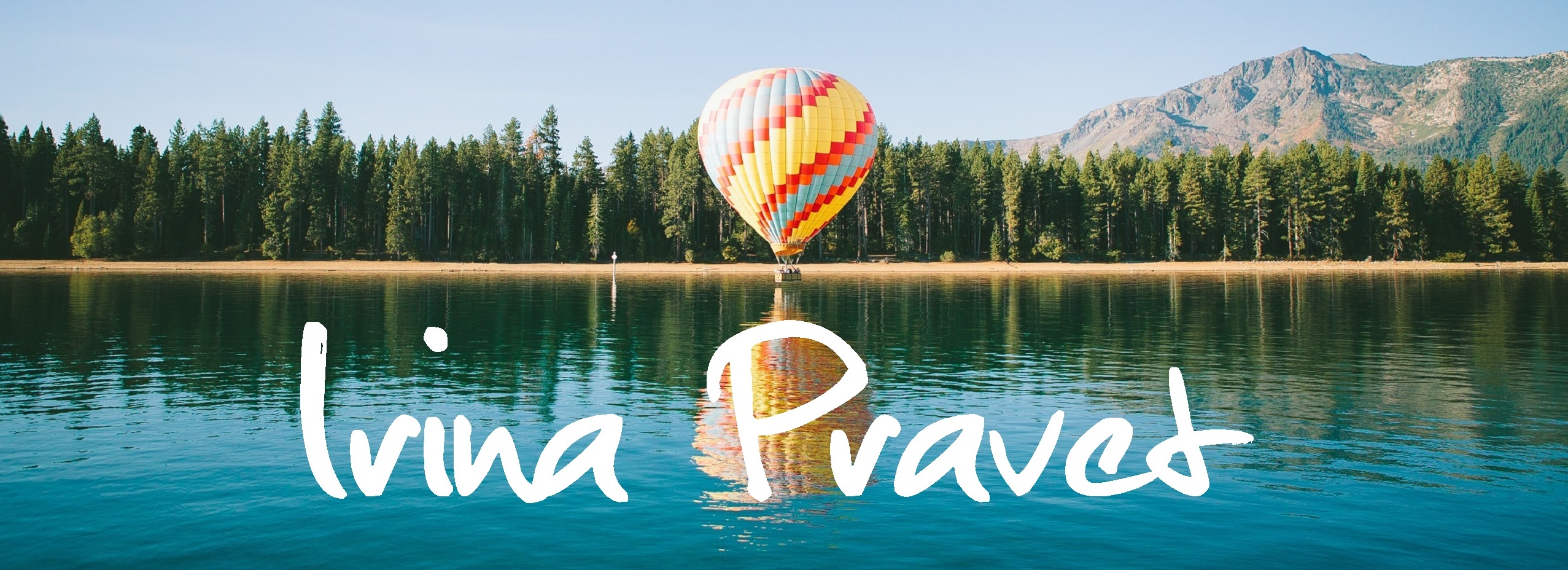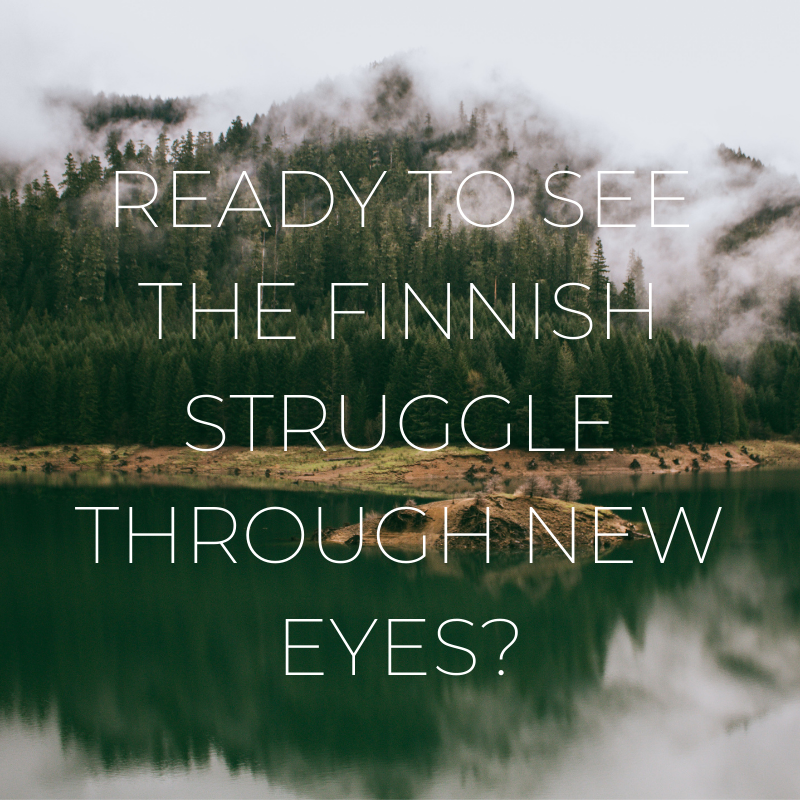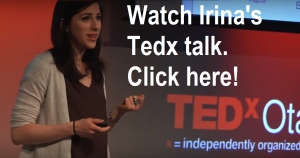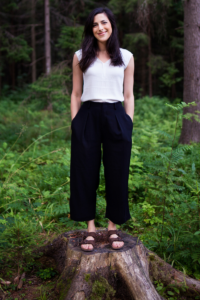
Just kidding – well kind of. This is the beginning of the awe-inspiring story I am super excited to share with you today.
At the moment, I’m in Galati, Romania visiting my grandpa ‘Bubu’. While here, I decided to have my cough checked out by a Chinese doctor that came highly recommended. He recommended a daily acupuncture treatment, which was much easier to agree to after several weeks of ‘do something new every day.’ (The idea used to scare me, but honestly, it just kind of tingles.)
If you’re like most people, you might be scratching your head wondering where Galati is (or maybe you’re wondering how acupuncture & language are related; I’m getting to that!).
Let me first show you where Galati is:

For the record, Chinese doctors are about as common here as South African doctors are in small Chinese villages. (I assume this is a rare occurrence but please forgive the ignorance of my example if this is, in fact, more common.)
So there I was, in a beautifully decorated house in the belly of a residential area in Galati, lying on my stomach and waiting for my doctor to come by and put the needles in in my back for the first time. When the doctor came, he expertly felt around my upper back, counted my vertebra and inserted the needles. Then he asked in Romanian:
“Does it hurt?”
“No.”
“Do you feel it?”
“Yes.”
“Good. It’s ok?”
“Yes.”
And he left. An assistant came by to check up on me every few minutes. I asked her how long I’ve be there, “30 minutes,” she told me.
So I waited. And while I lay there, analyzing the different sensations in my body, I listened.
The good doctor went around checking in on all the patients, asking the same questions. Asking about pain, asking if they felt the needles and fixing any discomfort people had.
- The most amazing thing about the whole experience was listening to him interact with his patience in Romanian.
- He knew exactly what to ask: Do you feel it? Does it hurt? Is there discomfort?
- He knew exactly what his patience might say: no, yes, a little bit, a lot…
- He understood their descriptions of sensations in different parts of their bodies.
- And I was consistently surprised by how each patient had some elaborate and complicated story about their symptoms, all of which he understood. He often repeated the key idea in what they’d say to himself and to them, for clarity’s sake.
In case he needed help, which he didn’t by the way, he could’ve called on an assistant to rephrase things to him in simple Romanian (I heard them clarify something during my consultation, but not during the actual treatment).
I thought about Finland. I thought about the thousands of foreigners enlisted in language courses, memorizing grammar, writing out the correct case endings, just waiting for the day that they’ll be given a chance to speak and contribute to society as equal members.
“I’ve taken a few courses but I still can’t speak. It’s so frustrating.”
“I don’t know enough Finnish to speak it. I’m terrified of making mistakes.”
“I don’t have any opportunities where I’m forced to speak Finnish.”
“Either people speak to me in English or I switch to English once I don’t know how to say something.”
Heard of the 80/20 rule? That 80% of the consequences comes from 20% of the causes.
So what part of your day is a repetition of the day before? Where can a little effort speaking, make a big difference?
Speaking doesn’t have to happen at work necessarily, though it could, but it needs to happen SOMEWHERE and SOMETIME (pardon the caps, it’s worth emphasizing).
So in order to help you develop this environment and start seeing progress fast, here are 4 key principles which are at the bedrock of the upcoming Finnish Coaching Group Program, launching this February:
- Usage – The emphasis is always placed on what you can use. Forget the present active participle if you can’t have a 2 minute conversation. What can you use immediately?
- Empowerment – Is the course empowering you to make your own decisions about how you learn best?
- Confidence – Is your confidence growing with each passing experience (in class & outside of class). A confident individual who knows what they’re doing is going to constantly push their limits and put themselves into situations where they’re forced to learn. They know this is what they need and they’ll do it.
- Awareness – Giving people the understanding of what learning Finnish entails so they can create the best learning environment and create the opportunities they need for learning. Speaking Finnish is a process and a set of skills, not just knowledge to be accumulated. Awareness is the key.
I’ll leave you with the one of my favourite quotes from JFK’s address after the moon landing:
We choose to go to the moon. We choose to go to the moon in this decade and do the other things, not because they are easy, but because they are hard… – John F. Kennedy
And that – is what made this a story worth telling.
To find out more about the Finnish Coaching Group Program click here.
FYI – registration closes this Sunday, January 25th, 2015.
To you and all that you can do,
![]()



